Posted on 2/28/2023
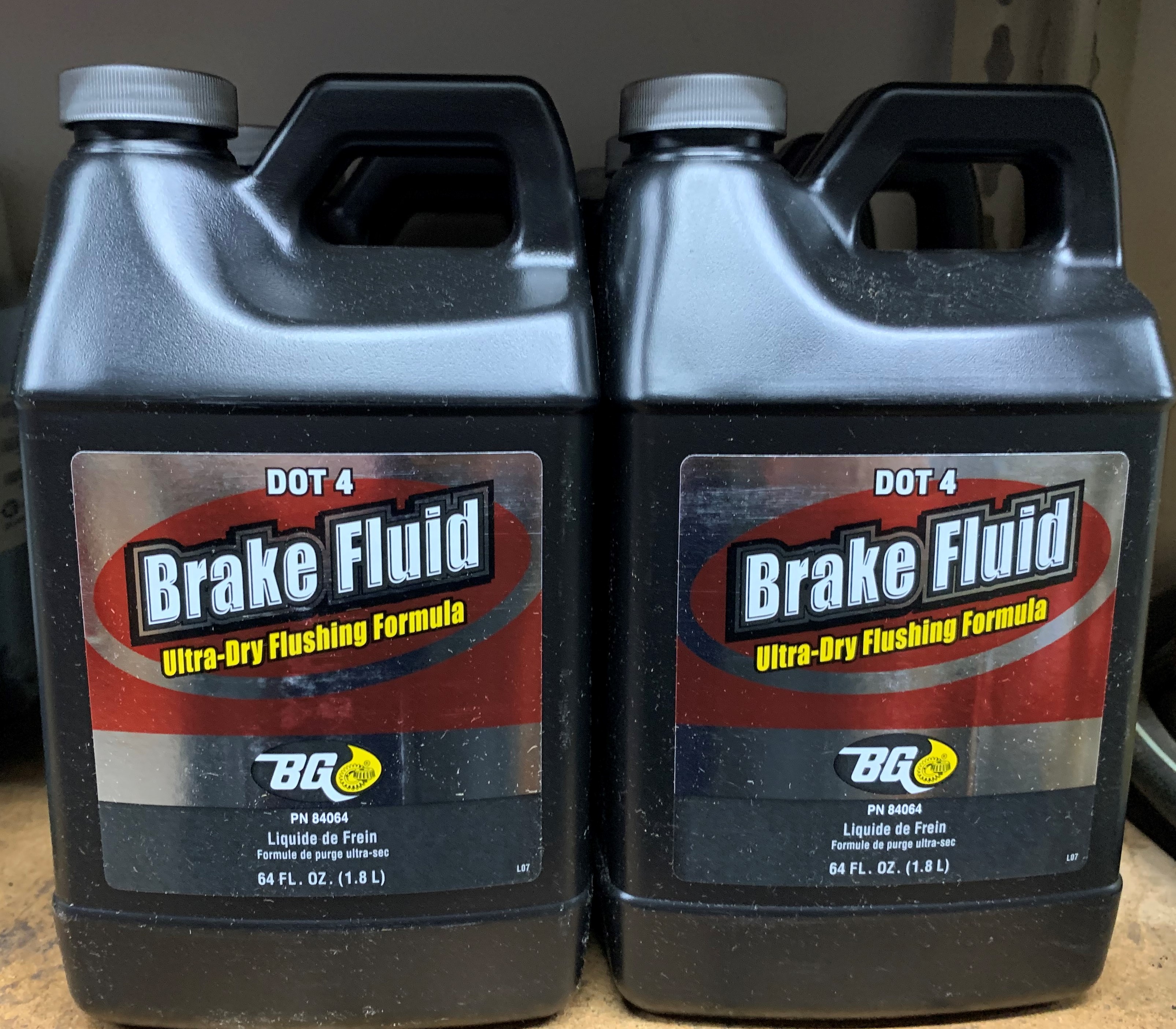
Whether you’re a car enthusiast or an average driver, it’s essential to understand the importance of brake fluid in your vehicle. Brake fluid is a crucial part of your car’s braking system. It helps ensure that your brakes are working when they need to. Learn more about what brake fluid is and how it works. What Is Brake Fluid? Brake fluid is a hydraulic liquid found in the hydraulic brake system of cars and other vehicles. It is designed to send force from the brake pedal through the brake lines to the brakes themselves. The pressure created by pressing on the pedal forces the brake fluid through small passages in the brakes. This causes them to clamp down on the discs or drums and stop the car. Without brake fluid, your brakes would not be able to perform as they should. How Does Brake Fluid Work? Brake fluid works by forcing pressure through lines that run from one end of your vehicle to another. When ... read more
Posted on 2/14/2023
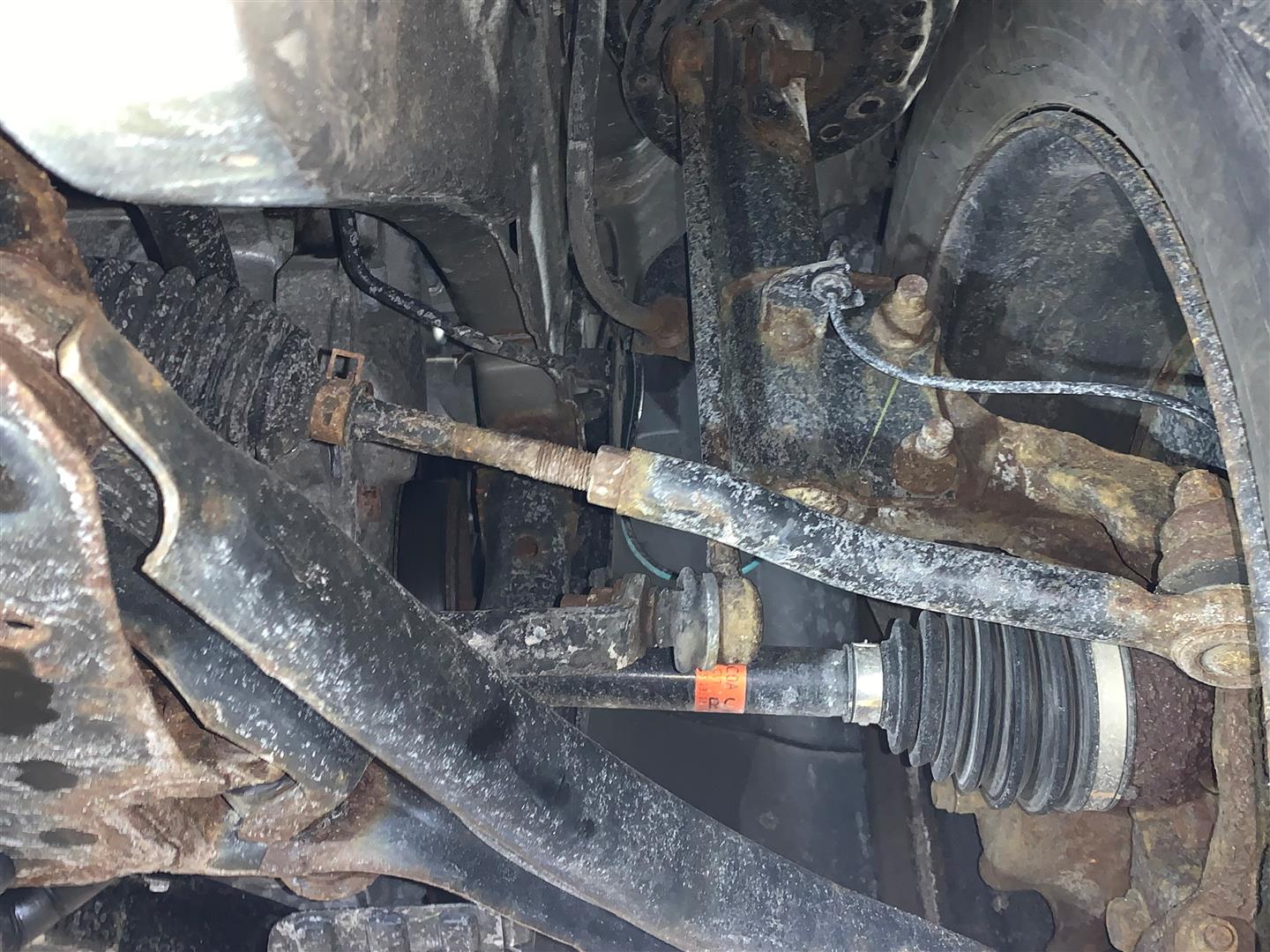
Owning a car can be a great joy, but it is also important to understand the basics of vehicle maintenance. One component that is often overlooked is the tie rod. This plays an important role in your car’s steering system. Learn more about what a tie rod is and why it is so important for both safety and performance. What Is a Tie Rod? A tie rod is a metal bar that connects two parts of your vehicle’s steering system together. It helps to keep your wheels aligned. And ensures that the movement of one wheel is transferred to the other wheel. This keeps you driving straight or turning in the direction you want. The tie rod also helps to absorb some of the impacts from bumps in the road. Or sudden shifts in weight as passengers get into or out of the ... read more
Posted on 2/9/2023
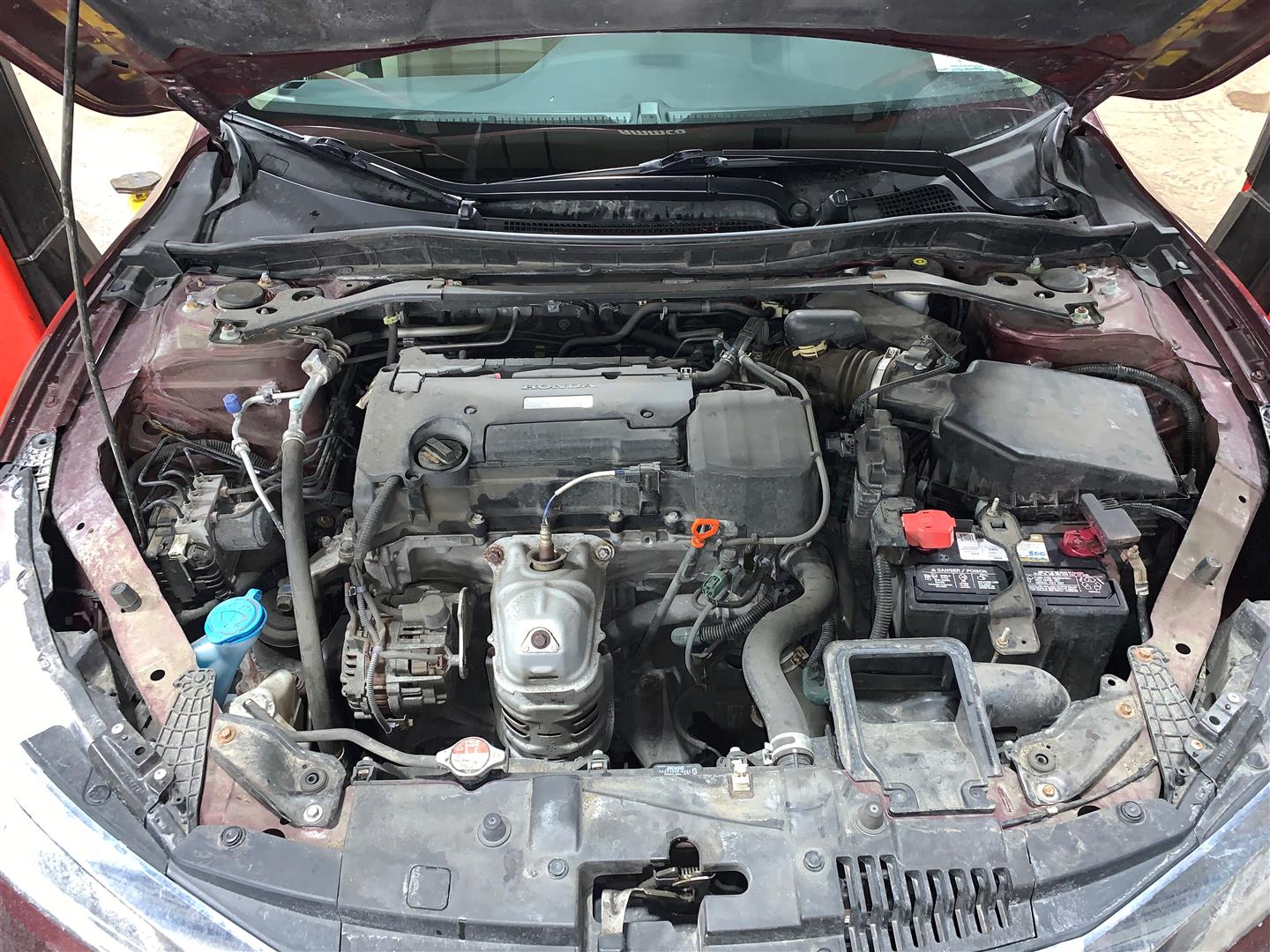
If your vehicle is shaking or vibrating when idling, it could be due to a variety of reasons. In some cases, the issue may be minor, such as a loose part or an engine misfire. It is important to look into this issue as soon as possible as it could indicate a more serious problem. Let’s take a look at some of the potential causes and why they are problematic. Common Causes of a Vehicle Shaking When Idling Worn Spark Plugs Worn spark plugs can lead to decreased fuel efficiency or increased exhaust emissions. Sometimes power loss. This is due to inadequate combustion in the engine cylinders. Engine Misfire An engine misfire can also be caused by worn spark plugs where only some of the cylinders fire correctly. This leads to an uneven running engine that shakes at idle. A misfiring cylinder can also cause poor fuel economy and increased emissions. Loose Parts Another common cause of vibration while idling is due to loose parts. This includes ... read more
Posted on 2/3/2023
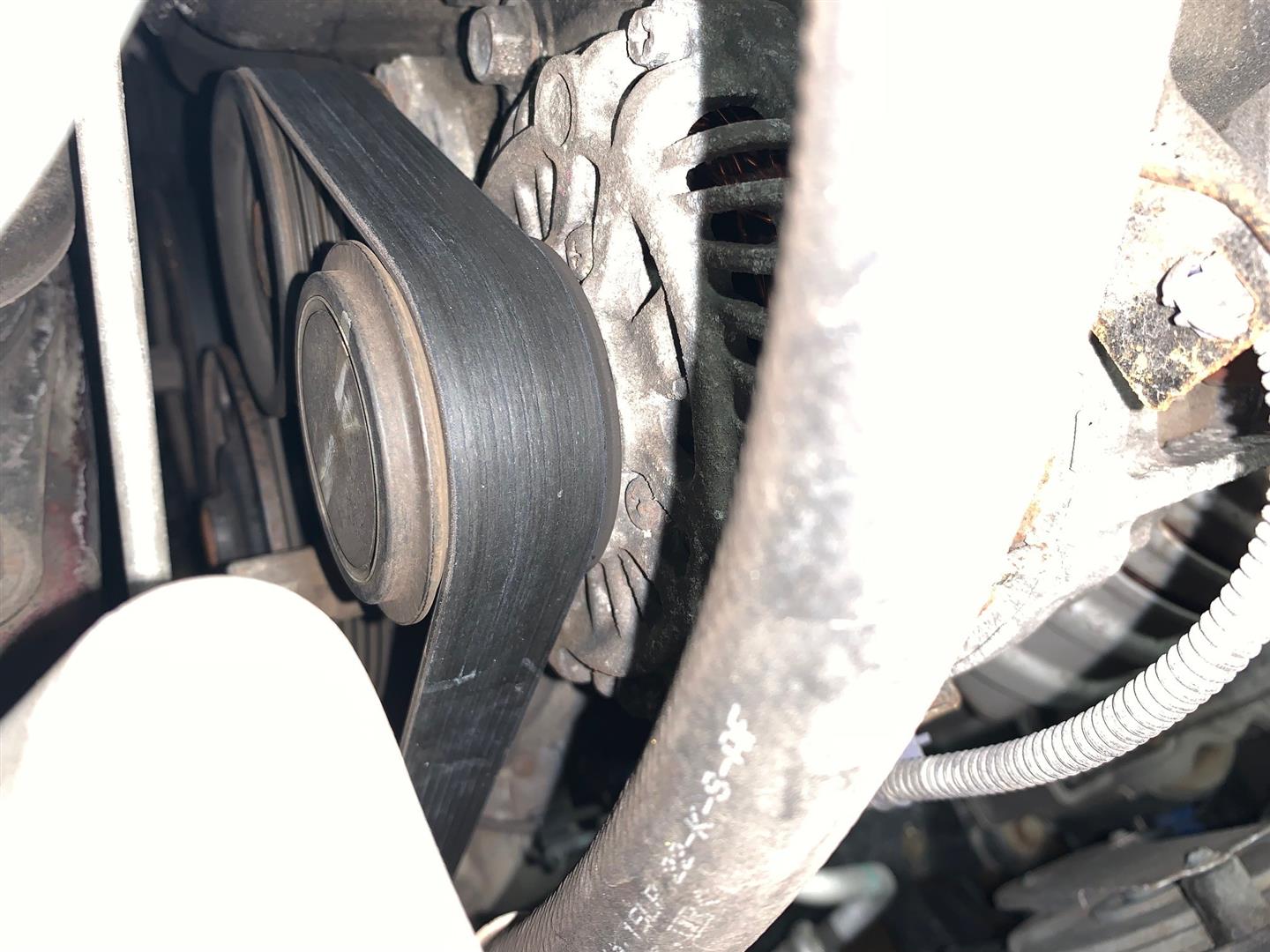
Have you ever heard a high-pitched squeal coming from your vehicle when you turn your vehicle or AC on? Chances are that noise is coming from your vehicle belt and it’s a sound you don’t want to ignore. Your vehicle belts are an important part of your car and need proper care in order to function properly. Let’s take a look at why vehicle belts squeal and what can be done to stop them. What Are Vehicle Belts? Vehicle belts are found in the engine compartment of most vehicles. They work as a direct connection between the engine crankshaft and other components. These include the alternator, water pump, air conditioning compressor, and more. All these parts rely on the vehicle belt for power transmission so they can operate properly. Why Do Vehicle Belts Squeal? When a belt starts to wear out or become too loose due to heat, it can cause it to slip off its pulley while running. This c ... read more
Posted on 1/17/2023
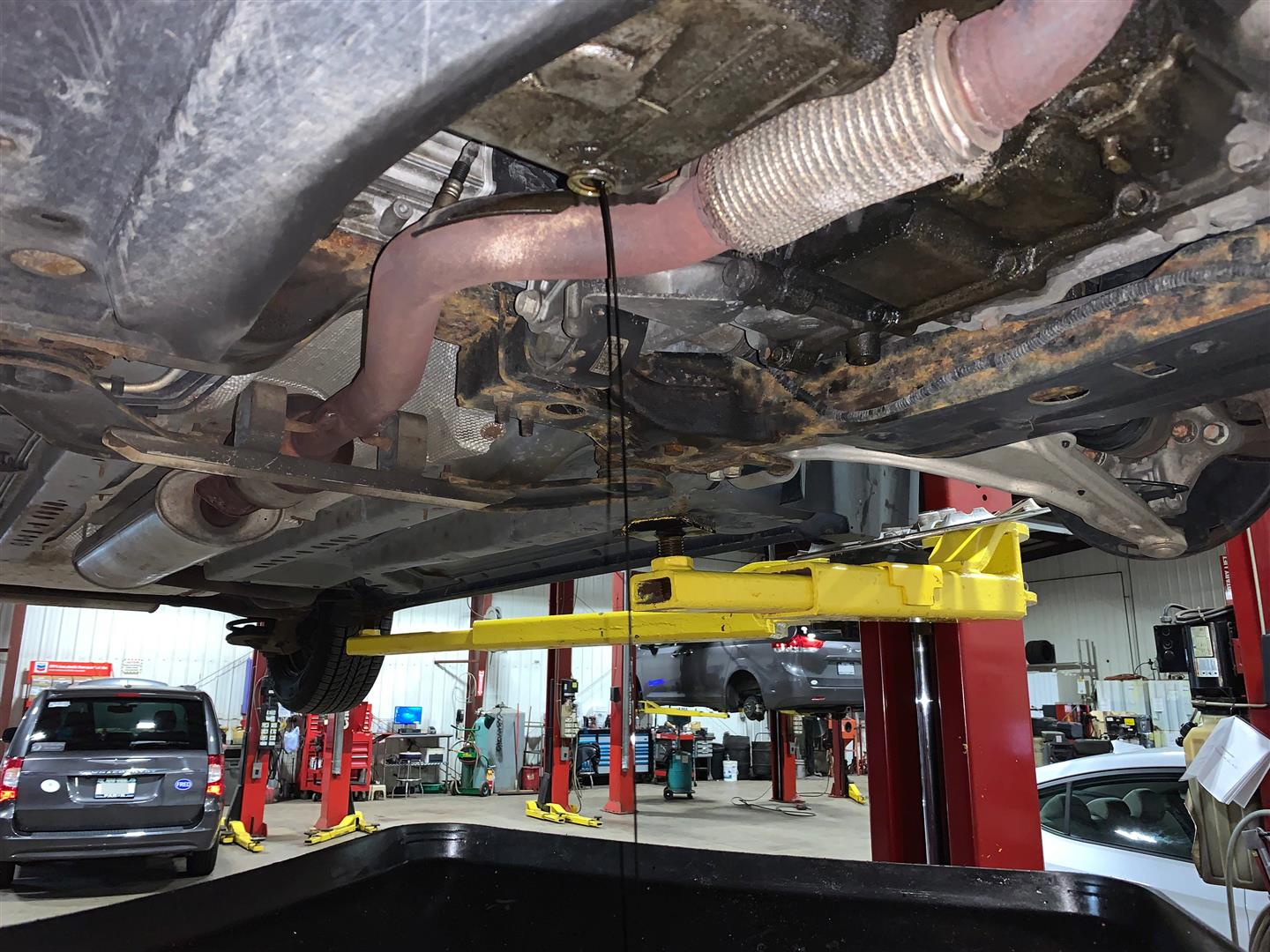
Regular fluid exchanges are one of the most important types of maintenance items for your vehicle. Clean, specialized liquids are needed to help lubricate and cool parts of your vehicle while driving. Contaminated fluids can cause performance issues and part failures. The different types of fluids in your vehicle will have different maintenance schedules. Learn more about these fluids and when they should be changed. MOTOR OILOil changes are the most common type of fluid exchange on a vehicle. Engine oil lubricates, cleans, and cools engine parts. It can also hold abrasive particles and chemical contaminants in suspension. Regular oil changes are neces ... read more
Posted on 1/5/2023
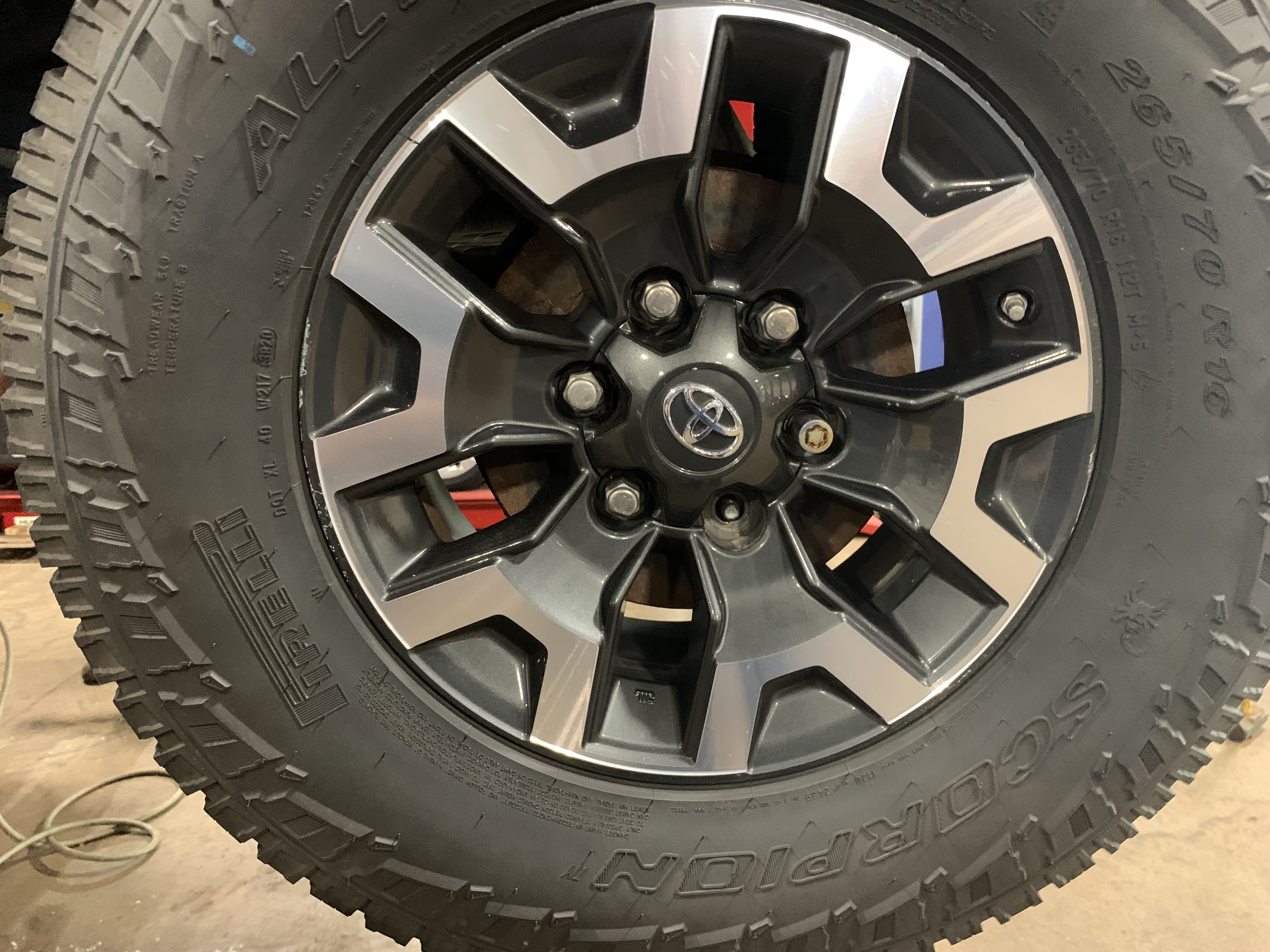
Take Advantage Of These Tire Rebates! New Year, New Tires… right?! Save money when you buy four select tires from these manufacturers: GOODYEAR SPECIAL OFFER - EXPIRES 6/30/23: CONTINENTAL SPECIAL OFFER - EXPIRES 6/30/23: BRIDGESTONE SPECIAL OFFER - EXPIRES 7/6/23: COOPER TIRES SPECIAL OFFER - EXPIRES 7/31/23: HANKOOK TIRE SPECIAL OFFER - EXPIRES 6/30/23: Need new tires? We can help! Lou’s Car Care is the right choice for your all-season tire needs. Proudly serving the Baldwinsville, NY, and surrounding communities since 1976. Call us or schedule your next appointment online today! ... read more
Posted on 12/27/2022
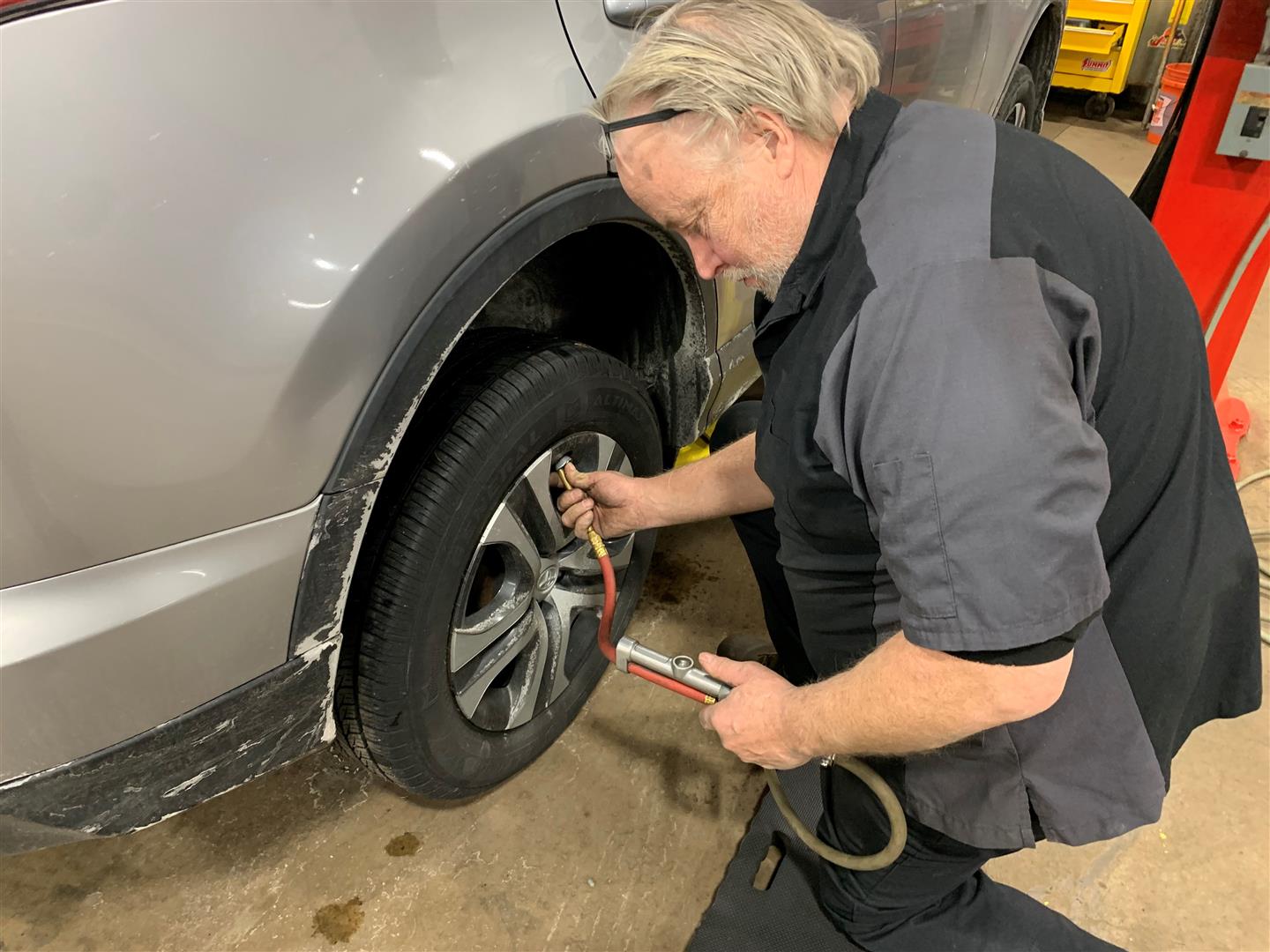
Having the correct air pressure in your tires can help you get the most out of your vehicle. The proper air pressure helps your car handle better on the road, allows for a more even tire wear and can help with better gas mileage. Learn more about your vehicle’s recommended tire pressure. CHECK TIRE PRESSURES OFTEN Tires lose pressure daily, especially when the temperature changes. In colder weather, tires can lose one to two pounds a month. It is recommended to check your tire pressures a few times a month and don’t forget your spare. Be aware that many vehicles have different tire pressures on the front and rear axles. If your tires are underinflated, they can cause poor performance and decrease your gas mileage. Under-inflated tires can also cause premat ... read more
Posted on 12/13/2022
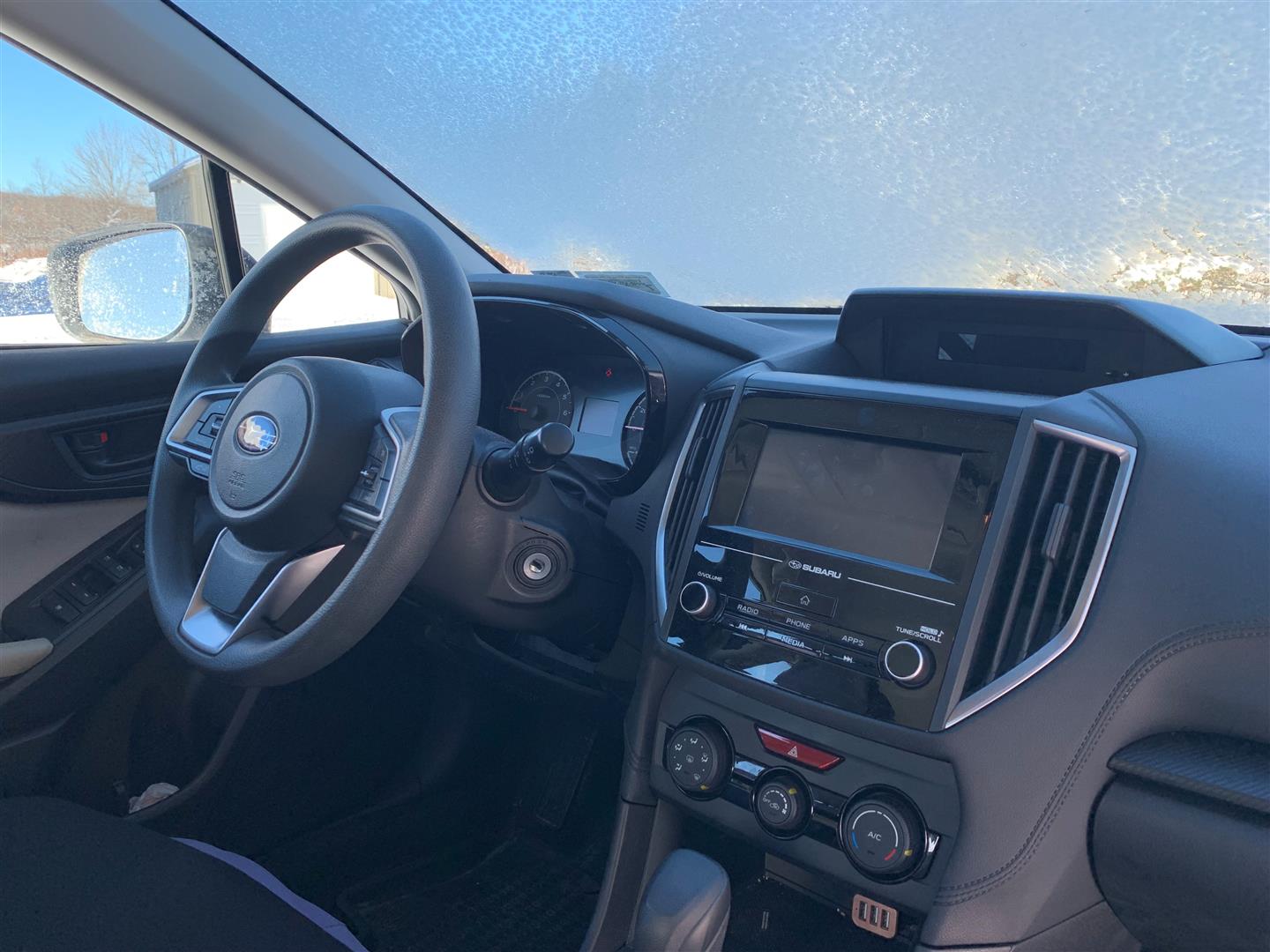
It’s a crisp winter morning and there’s frost on your car. You climb inside, start the car, and let it warm up. But after a few minutes the heater is still blowing cold air! As frustrating as this may be, this issue is not uncommon. Read on to learn more about the reasons why your car heater could be blowing cold air. How Does My Heater Work? Believe it or not, your heater is part of the cooling system. The cooling system protects your vehicle from overheating. Most cars and trucks have water-cooled engines. Water and a coolant mixture are circulated through a radiator. This helps to transfer heat away from the engine. However, before the hot coolant reaches your radiator, it goes through the heater core. Your car’s heater core is a smaller version of your radiator and is located behind the ... read more
Posted on 11/29/2022
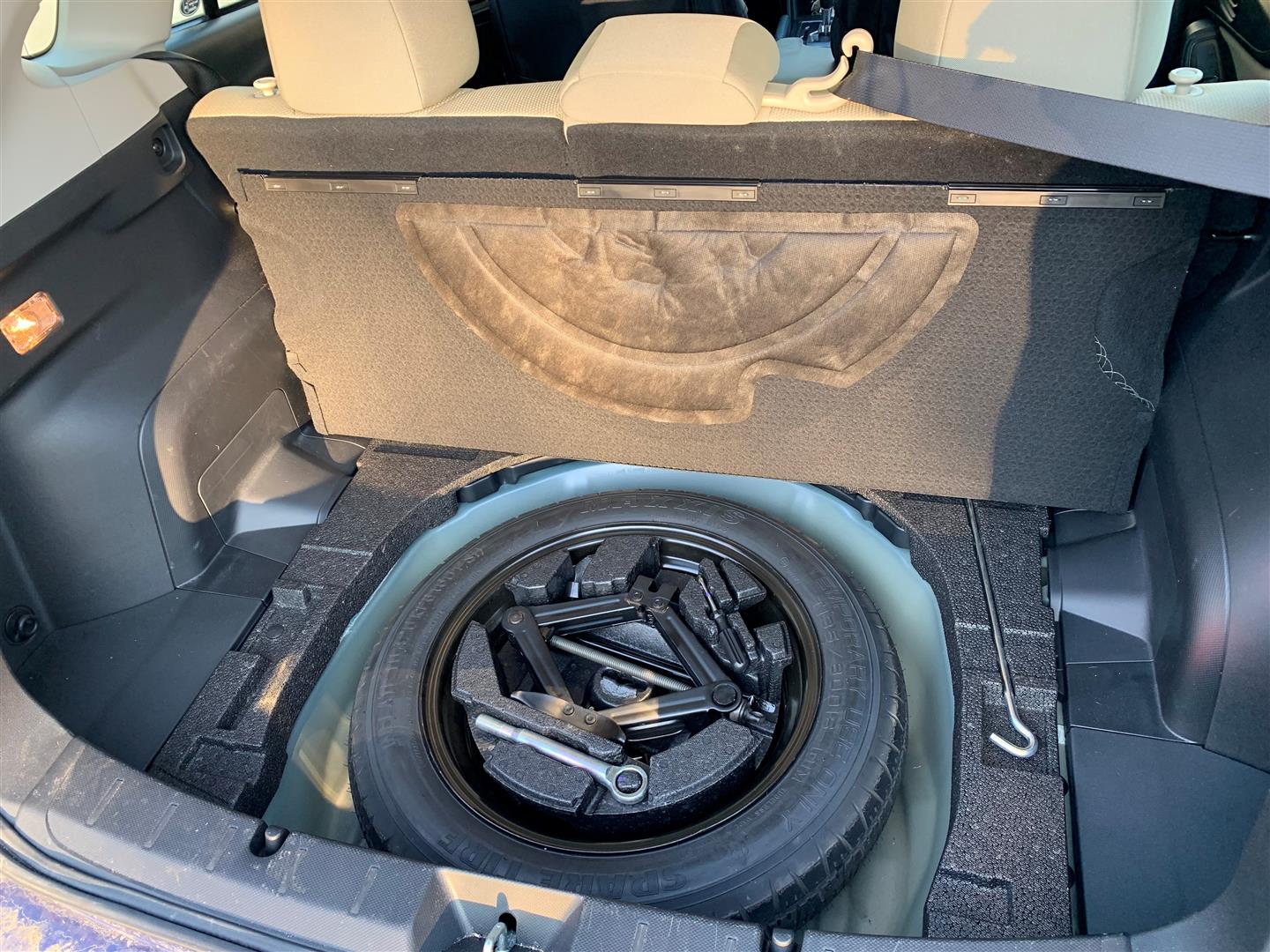
When was the last time you checked your spare tire? Does your vehicle even have one? Many people go years without needing to use their spare tire, and some may never use theirs at all. It is important to check the air pressure in your spare along with your other four tires. Learn more about the best ways to care for your spare and keep you safe on the road. How Long Do Spare Tires Last? Most spare tires last up to ten years. If your spare is stored outside of or underneath your vehicle, you’ll want to check it’s condition more often. Harsh weather and road salt can corrode security bolts making it a challenge to remove the spare. We recommend removing your spare tire at least once a year to ensure it’s accessibility. You’ll also want to inspect the tire for any dry rot or cracking. This can be done when checking the tire pressur ... read more
Posted on 11/16/2022
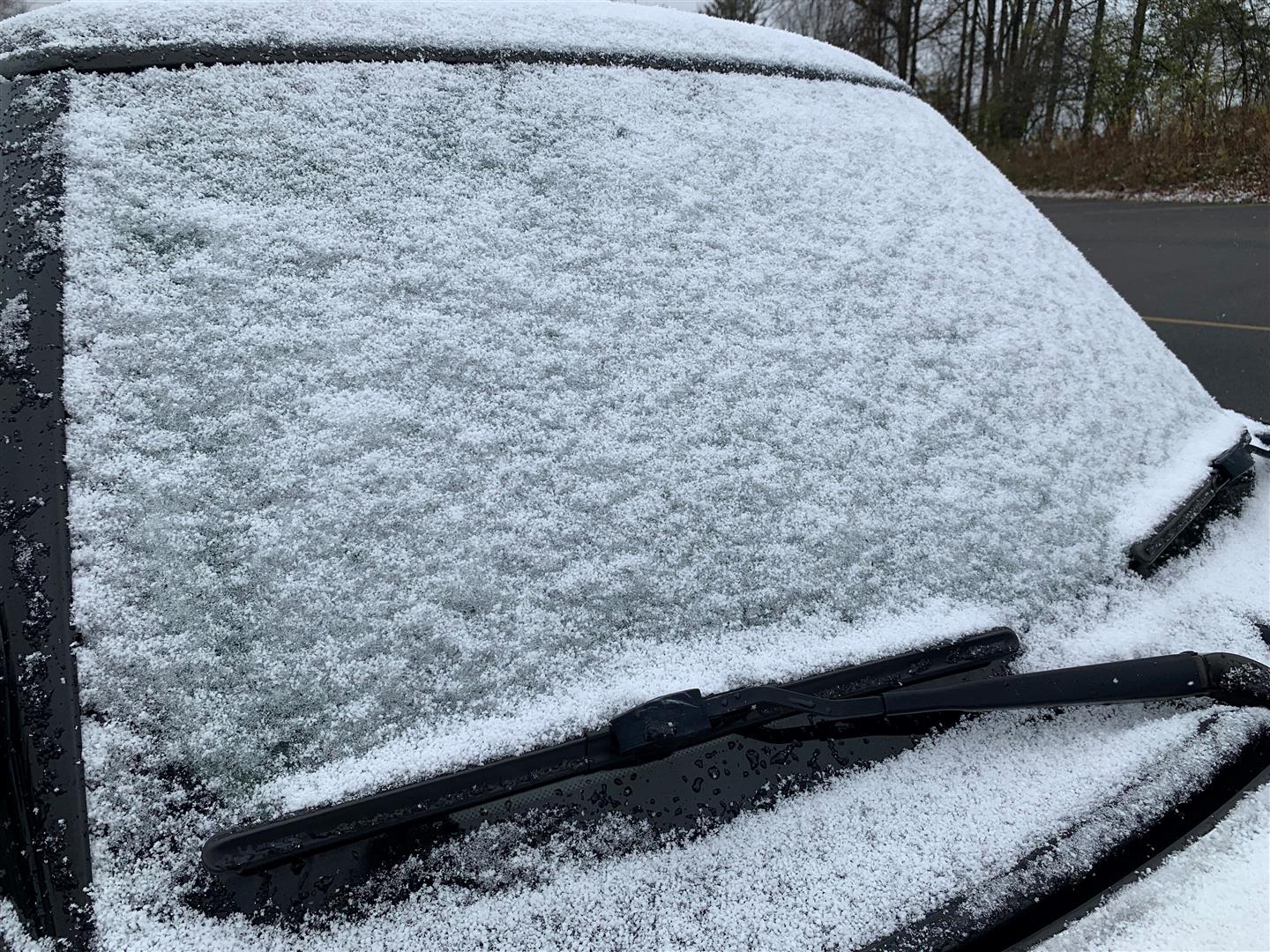
Windshield wipers help you see while driving in adverse conditions. They remove water, snow, dust, and other debris from your windshield. Replacing your wipers regularly is an important step in your vehicle maintenance process. How often you should change your wiper blades depends on many factors. The general, industry recommendation is to replace your wiper blades every 6 to 12 months. Areas with extreme temperatures can alter how often you change your wipers. Find out how you can drive safer and prevent damaging your windshield glass. How Often Should I Change My Wiper Blades? Most wiper blade makers recommend replacing your wipers every 6-12 months. AAA advises that it should be done at least once a year. Your windshield wiper blades are made of thin rubber which will break down over time. At Lou’s Car Care, your wiper blades are inspected at every oil change service. Our technicians keep an eye on the cond ... read more